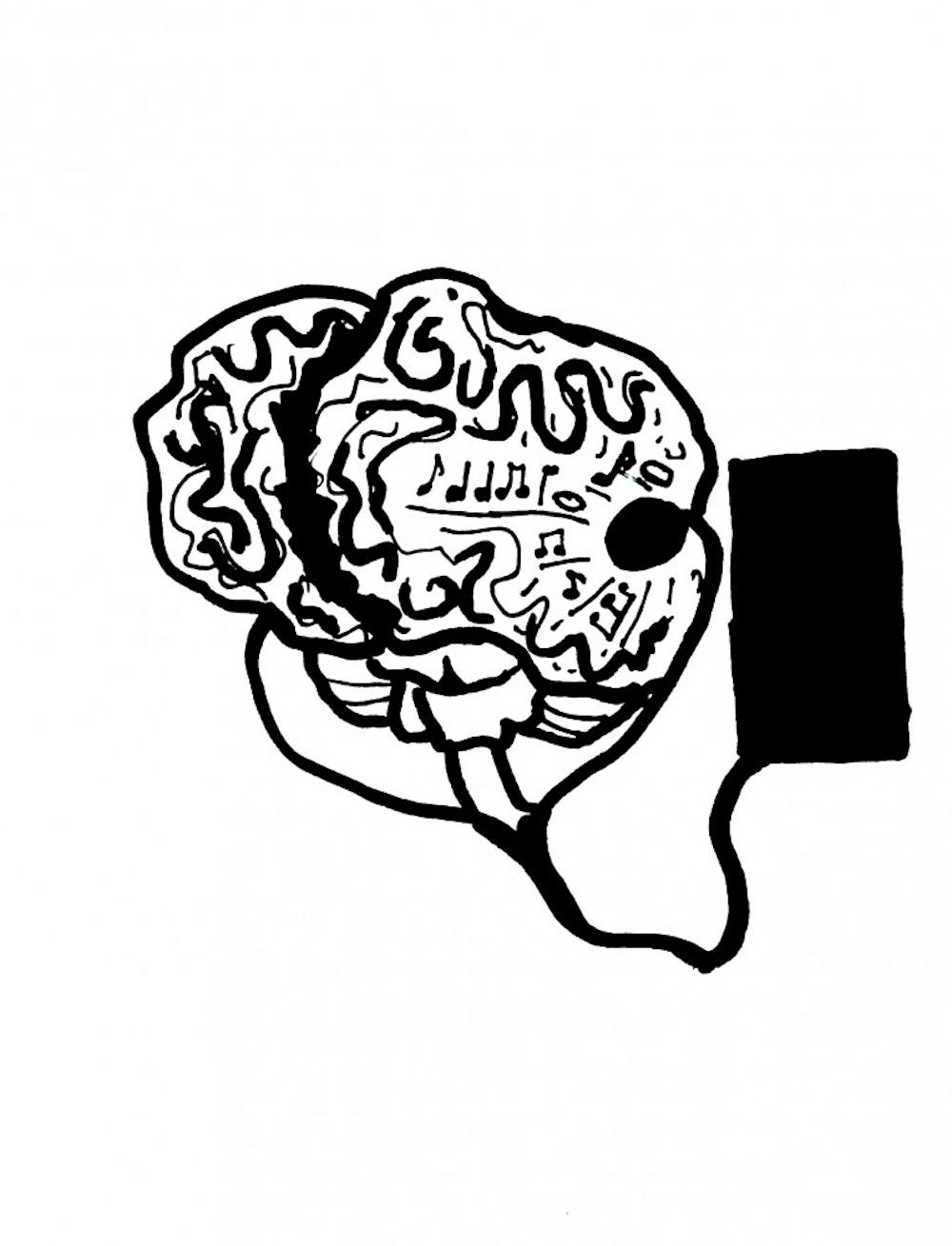A grant recently awarded to University researchers will allow them to investigate whether personalized music playlists can help patients suffering from dementia. The study, which will build on previous research conducted at the University, will eventually involve up to 60 nursing homes over the next five years and incorporates detailed data collection.
The project was originally inspired by “Alive Inside,” a documentary examining music therapy for patients with dementia, said Vincent Mor, principal investigator of the grant and professor of health services, policy and practice. His team got in touch with Dan Cohen, the creator of the show, and learned that the patients receiving music therapy were doing better on a variety of different measures. Lacking adequate systematic data on the program, the team decided to do a more in-depth study.
Researchers will first launch a pilot trial involving patients from four nursing homes to define exact forms of data collection and how to personalize the playlists, said Rosa Baier, associate director of Brown’s Center for Long-Term Care Quality and Innovation. Researchers will ask the patients themselves about their music tastes, reach out to family members and play music from earlier eras in order to create playlists personalized to each patient. A “trial and error sort of process” of playing different songs and watching patient reactions will also be tested, Baier added.
“Music can stimulate memories from a time that is hard-wired and this helps people cope with anxiety,” Mor said. Those with dementia often struggle with processing their constantly changing environment and listening to songs that bring back familiar memories from a younger age can provide relief.
The study will then be expanded to the full trial, which will take three years and involve working with groups of nursing homes one after the other, Baier said.
A number of different types of data will be collected, including interviews with patients, observations, comments from the nursing home staff and administrative data from the nursing homes. The iPods given to patients will also capture meta-data, showing which songs were played and when.
Though research has been done previously on the correlation between music and dementia healing, this study’s rigorous data collection will provide more solid evidence than currently exists, Baier said. Her research center at Brown focuses on testing interventions that have promise but haven’t been proven. With the evidence provided by this study, “a non-pharmological approach could be disseminated more broadly to the population.”
“I think it’s fantastic that this kind of scientifically rigorous research is being done on this topic,” said Aimee Baird of Macquarie University in Australia, whose work also focuses on the correlation between music and memory. “Anecdotal reports are not enough to convince people to fund these sorts of programs in age-care and medical facilities.”





